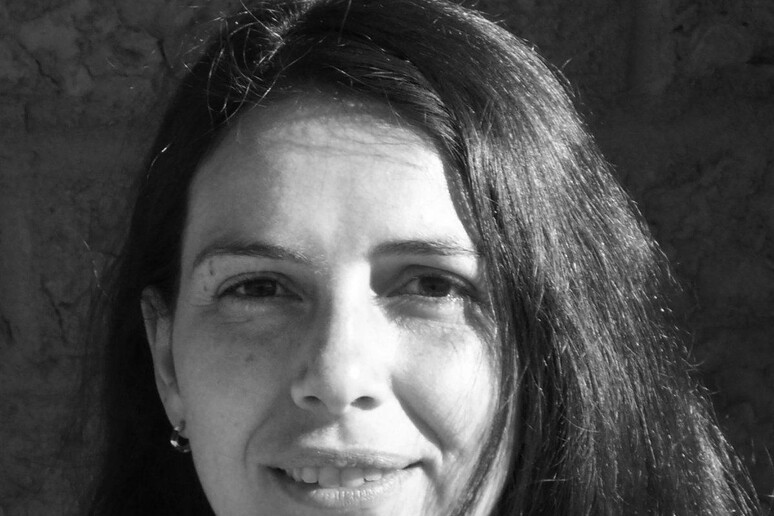Astrophysicist Marica Branchesi was the only Italian woman in Time's list of the 100 most influential people in the world, which was released by the American magazine on Thursday. Branchesi was part of the Virgo collaboration that made the Nobel-prize winning breakthrough of managing to detect gravitational waves.
In December Nature put her among the 10 top scientific personalities of 2017.
Branchesi is professor for the Gran Sasso Science Institute (GSSI) and works at the Gran Sasso laboratory of the National Institute of Nuclear Physics (INFN). "It took Albert Einstein to predict the existence of gravitational waves-ripples in space-time that occur when objects like black holes collide. It took Marica Branchesi to make sure we actually saw the evidence of such a crack-up," Time's profile said.
"Branchesi, an astrophysicist, works at the Virgo gravitational-wave detector in Italy. Detectors in the U.S. had recorded waves three times since 2015 but only as physical ripples, never optically. "Branchesi got the astronomers and physicists working together so that the next time waves were picked up, telescopes all over the world could swing into position.
"Last August her work paid off, when a collision between two neutron stars was detected. Thanks to her, 70 telescopes jumped into action, yielding dozens of scientific papers, one with 3,500 co-authors. Her name is listed among the B's - modest credit for a monumental achievement.
ALL RIGHTS RESERVED © Copyright ANSA











